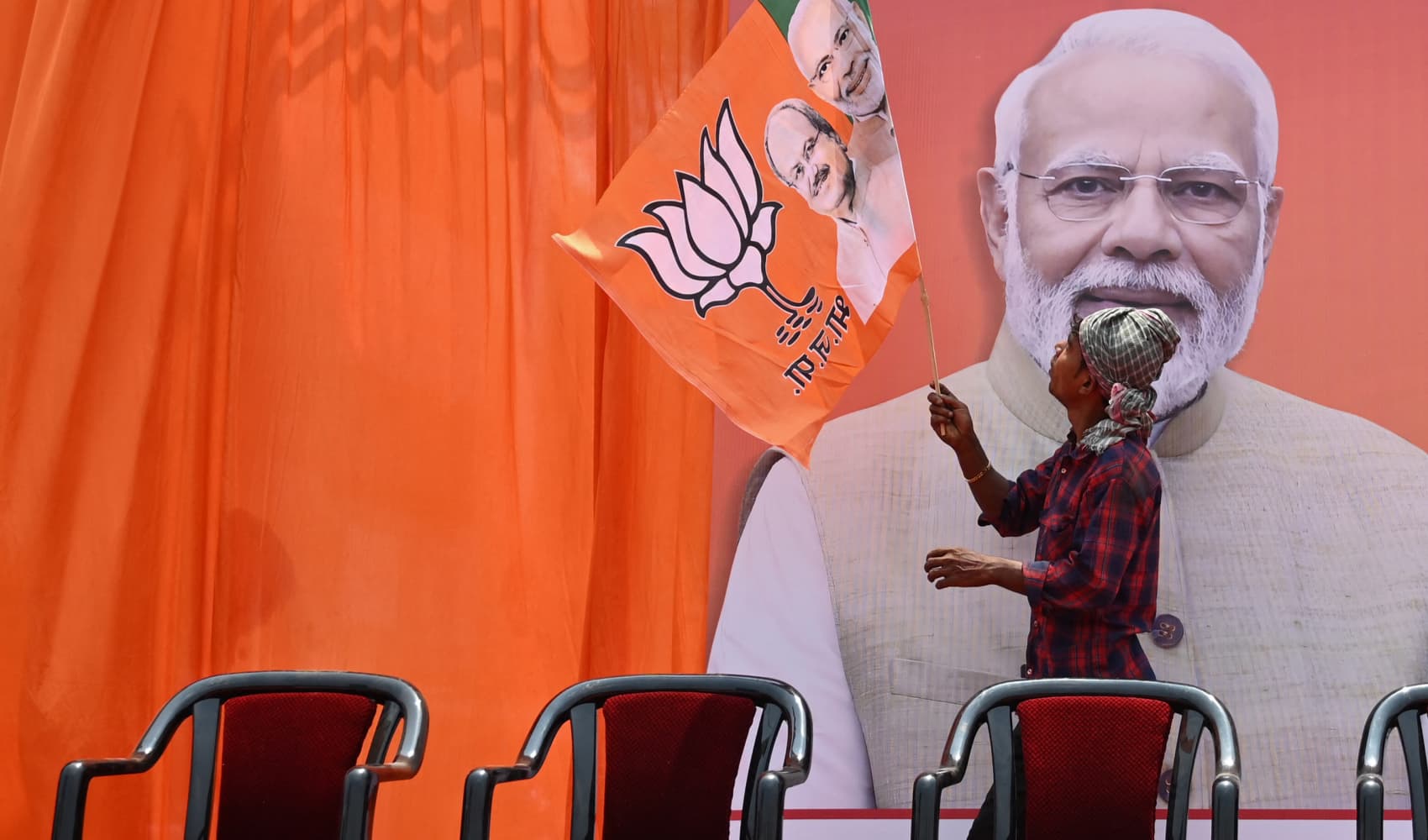
- The Senate is expected to take up the $1.9 trillion coronavirus relief bill this week.
- That package includes new $1,400 stimulus checks.
- Here's how soon you could see your direct payment from the government.
New $1,400 stimulus checks could be on the way to millions of Americans now that the House of Representatives has passed the latest coronavirus relief bill.
The fate of those payments now rests in the hands of the Senate, which is due to begin considering the proposed legislation this week.
The terms have called for direct payments of $1,400 per individual and per dependent.
Get Philly local news, weather forecasts, sports and entertainment stories to your inbox. Sign up for NBC Philadelphia newsletters.
The payments would be based on the same income thresholds as the first two stimulus checks. Individuals with up to $75,000 in adjusted gross income, heads of household with up to $112,500, and married couples who file jointly with up to $150,000 would get full payments.
But the checks would be phased out for those with incomes above those levels. This time, they would be capped for individuals earning $100,000, heads of household with $150,000 and married couples with $200,000.
More from Invest in You:
Lost jobs, no childcare: A year into the pandemic, women are not OK
The IRS got 35 million tax returns in one week as Americans race to file
Smallest businesses getting extra PPP help. What to know before applying
Money Report
The coronavirus stimulus package is working its way through the House and Senate under budget reconciliation. That process will likely prevent big alterations to the plan, though final numbers could be subject to change.
"There will be push back and effort to lessen the size of the package," Bill Hoagland, senior vice president at the Bipartisan Policy Center, said of the upcoming Senate negotiations.
Republicans are expected to take issue with the $1.9 trillion total spending, particularly with regard to funding for states, multiemployer pensions and relief not directly tied to the Covid-19 pandemic, he said. (In fact, the House version passed 219 to 210, without any Republican support at all.)
Because the $1,400 stimulus checks are one-time payments, they are not likely to become a sticking point in negotiations, Hoagland said.
Prospective $1,400 payments timeline
The legislation is expected to become final by mid-March, when enhanced federal unemployment benefits are due to expire.
As with the first two stimulus checks, the bulk of the payments will likely be sent via direct deposit to those who have their bank information already on file with the IRS. Based on the last $600 checks, that money could start to arrive within two weeks of the legislation getting finalized, according to Garrett Watson, senior policy analyst at the Tax Foundation.
The rest of the direct payments will go out by mail either as debit cards or checks. Those payments may take longer to arrive, potentially into April and May, Watson said.
One reason payments could face delays this time around is the fact that the IRS will be in the midst of tax season when they go out, he said.
However, experience with past payments could help the process go more smoothly.
"The good news is that there is a bit more infrastructure and a more formalized process to do this than this time last year, because they've been through it twice," Watson said.
This time, the checks are set to be based on either 2019 or 2020 returns.
The IRS has said it had sent out all "legally permitted" first and second stimulus checks and is now focusing on the tax filing season.
The tax agency sent more than 160 million $1,200 stimulus checks that totaled more than $270 billion. It has also sent more than 147 million $600 direct payments totaling more than $142 billion.
Of note, people who are eligible but have not received those previous payments can claim the money through a recovery rebate credit on their tax returns.
Federal student loan borrowers haven't had to make payments in almost a year. How has this changed your life? If you're willing to share your experience for a story, please email annie.nova@nbcuni.com






